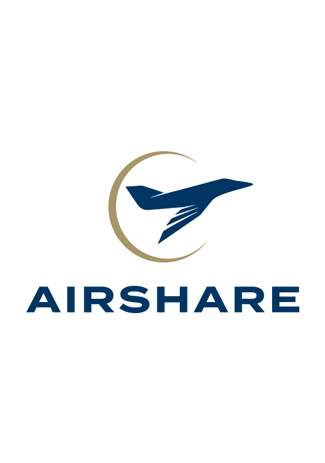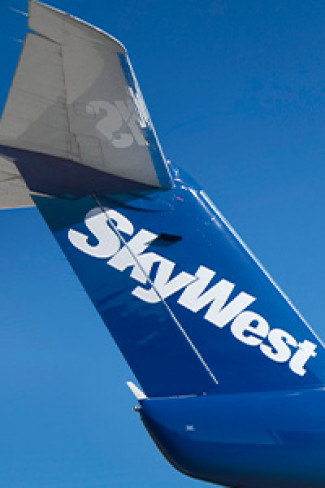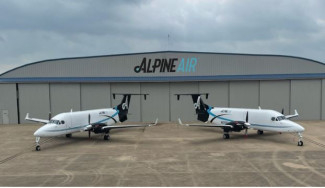A Major Airline is Training Pilots with Zero Experience
On October 3, 2016, six recruits began the second phase of JetBlue’s Gateway Select, a rigorous program designed turn anyone into a first officer for JetBlue in four years.
You read that correctly; if you are legally eligible to work in the United States, are a certain age, and hold a high school diploma, you are qualified to receive training from a major U.S. airline. If that sounds too good to be true, just ask the recruits — a former grocery clerk, an airline baggage handler, and an equipment operator.
Of the current recruits, one had 100 hours of flight time, another had about 35 hours, and the rest had zero experience flying a plane. According to the ALPA, the average pilot hired by JetBlue has 7-10 years of flying experience, and has accumulated 5,000-8,000 flight hours. The Gateway Select program would allow first officers with the minimum 1,500 hours to start flying.
As expected, JetBlue’s Gateway Select program has been met with opposition from their pilots union.
“We don’t see a need for it,” said Patrick Walsh, chairman of the Air Line Pilots Association group at the carrier. “There are thousands of qualified pilots applying with JetBlue currently.”
Although this method of recruitment is the first of its kind in the U.S., similar programs have been used by foreign airlines such as Lufthansa and Cathay Pacific. So what are the benefits to this type of training program?
The program could possibly address two major issues plaguing the airline industry — the shortage of pilots and the effectiveness of pilot training.
“There are several advantages for the airline—they can train the pilot exactly how they want the pilot to perform and do not have to un-train the peculiarities or unfavorable habits of an experienced pilot,” said Michael Johnson, president and CEO of Paramount Aviation. “They develop a life-long relationship with the cadet pilot, which has the long-term advantage of lower attrition for the airline.”
“I think the airline industry as a whole needs to figure out how this part of the industry can be better utilized to produce pilots because it will become a more important source,” said Nick Leontidis, group president of civil aviation training solutions at CAE. “This pathway or channel will become more important for everyone.”
-

Airshare 07/22/2024
-
Alpine Air 07/18/2024
-

Atlas Air 07/17/2024
-

Piedmont Airlines 07/10/2024
-

SkyWest 07/09/2024
 AIRLINE PILOT CENTRAL
AIRLINE PILOT CENTRAL